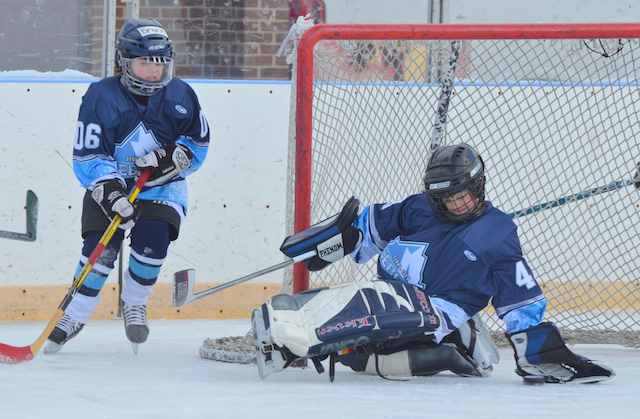
Over the past few weeks in sports, we've been treated to a number of scandals, deceptions, and just plain weirdness. After years of hostile denials, Lance Armstrong finally admitted that he used performance-enhancing during all seven of his Tour de France victories. And remember that compelling story about Notre Dame football star Mante Te'o overcoming the death of his girlfriend? It wasn't true -- because she never existed. Fortunately for hockey fans like me, the NHL started its season after a four-month lockout, in a dispute between the players and owners that many fans characterized as "millionaires versus billionaires."
As much as Americans love our college and professional sports, it's hard to know who and what we can trust.
What can we believe about sports, and the people who play them? You won't find the answer on your local sports news, on ESPN, or in Sports Illustrated. No, to truly understand the power and beauty of sports, you'd have to be in Seoul, South Korea -- where the Special Olympics World Winter Games are taking place this week.
The 2,300 athletes competing this week represent the 2.1 million people in 180 countries who are able to compete because of the commitment of the Special Olympics organization and its coaches, volunteers, donors, and partners. Special Olympics is not just about sports; through its local, national, and international programs, the organization is a leading advocate for inclusion, equality, and social justice worldwide.
For many Special Olympics athletes, and not just those who get to compete nationally and internationally, the benefits of being allowed to participate -- to be part of a team, to have a chance to play the sport of their choice -- cannot be overestimated. But the impact goes far beyond those intangible benefits.
As a board member for the American Special Hockey Association, I've had the chance to be on the ice with hundreds of players from across the country who would not be able to play on a "typical" team. Why should they be denied the opportunity to play simply because they have autism, Aspergers, Down syndrome, or other developmental disability? Thanks to our coaches and volunteers in 50 programs in 30 states, they can gain the same emotional and physical benefits as any other hockey players.
Just as Special Olympics does for many other sports, special hockey opens doors that would otherwise be closed for children who want to compete on ice. And the results are amazing. Not only do the players learn about teamwork and sportsmanship, but coaches and parents report therapeutic benefits that continue long after they have left the rink. Many parents report that their children now have fewer behavior problems, more focus, less anxiety, and improved communications skills.
This weekend, millions of Americans will gather with their friends and families to watch the Super Bowl. Whether you are rooting for the Ravens or 49ers, please also remember the super athletes who are demonstrating the power of sports and inclusion in South Korea. Thanks to Special Olympics, they are all winners.

American Special Hockey Association
This post is part of a series produced by The Huffington Post and The Special Olympics, in recognition of the Pyeongchang 2013 World Winter Games in South Korea this week. To see all the posts in the series, click here.